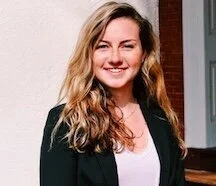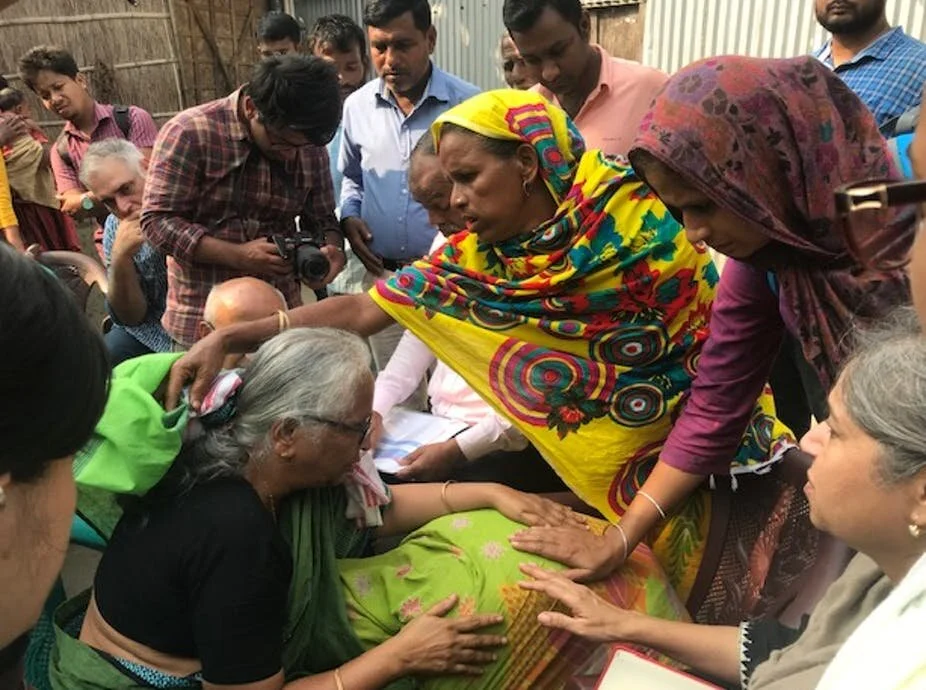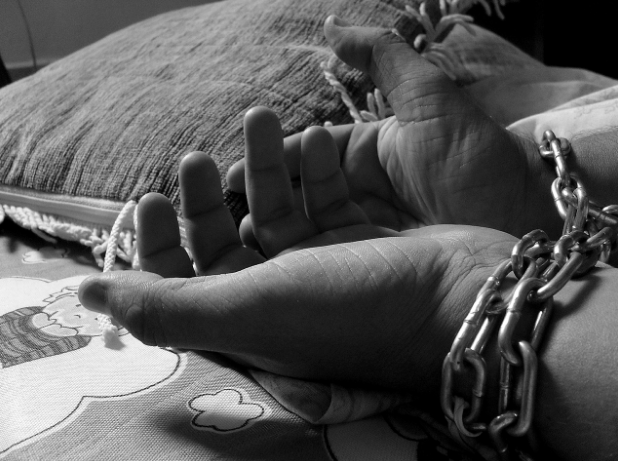Tuna is a $22 billion industry across the Pacific Ocean, where over 60% of the world’s supply originates. That much is known. Look much farther, though, and the subject becomes quite murky.
Try finding out about the treatment of workers aboard fishing vessels, as the corporate watchdog Business & Human Rights Resource Centre did at the end of 2018. Unsurprisingly, companies were tight lipped in their responses. Out of 35 canned tuna companies and supermarkets surveyed, only four reported following due diligence procedures to prevent modern slavery in their supply chains. 20 companies, including tuna giant StarKist, refused to even respond.
There are strong reasons for the tuna companies’ silence; slavery runs rampant throughout the industry. Incredibly low oversight has allowed for the rise of third-party recruitment agencies, who often find willing employees in less developed nations. These workers, desperate for money, pay thousands of dollars to brokers who connect them with fishing vessels – for a price.
The price is high. When workers cannot pay their allotted amount, recruiters cover the costs by removing the loaned money from future wages. What fishermen are not told is that their wages are often as low as 70 cents an hour, if they are paid at all.
A close-up of a yellowfin tuna caught in waters off the coast of Fiji. Arnie Papp. CC BY 2.0
The story of Supriyanto, an Indonesian fisherman, shines a painful light on the system’s injustices: a recruitment company offered him a contract for $350 per month. He found out on the job, though, that $200 per month would be withheld in fees to keep him from running away. In the end, Supriyanto ended up with little over $100 per month to offer his recruiter, to whom he owed thousands. He had no chance of escape, much less with any money to spare. Supriyanto died four months after starting work on the vessel, a victim of debt bondage.
This experience is far from uncommon. Those who escape Pacific fishing boats usually tell similar tales of debt servitude. Yet somehow, the horrors run far deeper than this. While enslavement traps the workers, torture and abuse truly break their spirits.
In 2011, 32 Indonesian fishermen escaped from the South Korean-flagged Oyang 75 while it docked in New Zealand. They told horrifying tales of being physically and sexually assaulted repeatedly by Korean officers, who would chase them as they returned from the showers. Punishments on board included being fed rotten fish bait and being locked inside of refrigerators. On good days, fishermen worked for 20 hours straight. On bad days, up to 48.
Honolulu Harbor in Hawaii is a common port of call for ships that practice slavery, as U.S. officials often look past it. Prayitno. CC BY 2.0
Nearly every country across the Pacific has turned a blind eye to the slavery on tuna boats, including the United States. Take, for example, the case of Sorihin. He paid $6,000 to a broker who connected him with the Sea Queen II, a tuna vessel that trawled the waters between American Samoa, Hawaii and California. Despite nearly losing a finger while wrestling a shark, he was denied medical attention. Safety gear aboard the ship was only offered for a price – as was escape. He finally ran away while the boat was docked in San Francisco after realizing he would never be able to fully pay back his debt to recruiters. Also, Sorihin mentioned, “If I stayed on that boat I was going to die.”
The United States has codified laws that effectively protect human traffickers and slaveholders who ply the Pacific. Tuna boats are permitted to dock at U.S. ports such as Honolulu and San Francisco if the foreign workers remain on board the vessel. Since the fishermen are denied U.S. visas, no on-board inspections are performed and the workers’ conditions rest outside of the U.S.’s responsibility. So, the inhumane treatment of workers is tolerated while the Coast Guard looks the other way.
Similar examples of forced labor, slavery, human trafficking and child labor can be found throughout the Pacific, from New Zealand and Taiwan to Fiji and Thailand. Solutions can only come through greater clarity and stronger efforts on the part of tuna producers. Unfortunately, workers’ voices continue to be silenced by powerful vessel owners, lackadaisical companies and complicit authorities. Organizations such as Human Rights at Sea, Amnesty International and Anti-Slavery International are working to bring awareness to the mistreatment of the region’s fishermen. As the public learns more about the issue, there is hope that slavery in the Pacific may end once and for all.
Stephen Kenney
is a Journalism and Political Science double major at the University of North Carolina at Chapel Hill. He enjoys sharing his passion for geography with others by writing compelling stories from across the globe. In his free time, Stephen enjoys reading, long-distance running and rooting for the Tar Heels.














































